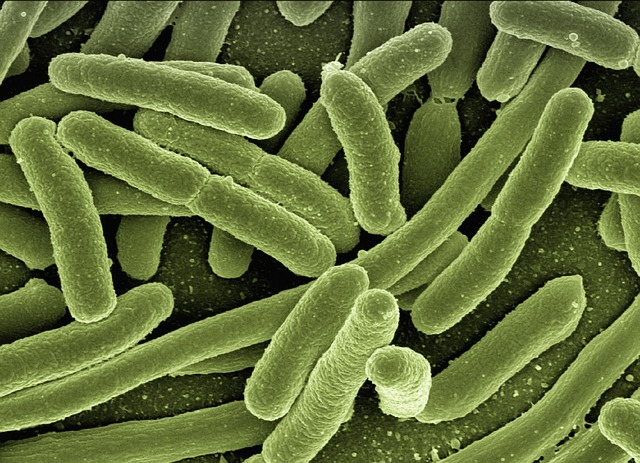Nourishing a Healthy Lifestyle: Managing Lactose Intolerance through Exercise
Lactose intolerance can often feel like a barrier to enjoying a healthy lifestyle, especially when it comes to nutrition. But managing this condition doesn’t mean you have to miss out on essential nutrients or enjoyable meals. In fact, exercise paired with a thoughtful approach to nutrition can help you lead a fulfilling life while respecting your body’s needs.
The Connection Between Lactose Intolerance and Nutrition
Understanding lactose intolerance is crucial for anyone looking to maintain a healthy lifestyle. This common condition occurs when the body lacks sufficient lactase, the enzyme needed to digest lactose, a sugar found in milk and dairy products. Symptoms like bloating, gas, and discomfort can discourage many from consuming dairy altogether. However, it’s important to realize that a healthy diet can be achieved without relying heavily on lactose-containing foods.
Incorporating a variety of nutritious, non-dairy foods can help you achieve your dietary needs while avoiding discomfort. Think greens, nuts, seeds, whole grains, lean proteins, and lactose-free dairy alternatives. This array of food not only provides the vitamins and minerals necessary for a vibrant lifestyle but also ensures that you can enjoy meals without fear of unpleasant symptoms.
The Role of Exercise in a Healthy Lifestyle
Exercise is a key component in managing lactose intolerance and fostering a healthy lifestyle. Regular physical activity not only aids digestion but also helps alleviate stress, which can sometimes exacerbate digestive issues. Activities like walking, yoga, or swimming encourage the digestive process, improving overall wellness.
Additionally, exercise can help you maintain a healthy weight, which is beneficial for managing lactose intolerance. Sometimes, excess weight can increase pressure on the digestive system, leading to heightened symptoms. By staying active, you can cultivate a body that feels better equipped for daily challenges.
Adapting Your Nutrition to Suit Your Needs
To nourish your body effectively, consider adopting a nutrition plan that accommodates lactose intolerance while promoting a healthy lifestyle. This means being adventurous with your food choices—experimenting with lactose-free yogurts, almond or oat milk, and fortified plant-based cheeses. These alternatives can provide your body with the necessary calcium and vitamin D while ensuring you avoid discomfort.
Don’t forget the importance of whole foods! Incorporating an abundance of fruits, vegetables, lean proteins, and whole grains into your meals can help you meet your nutritional needs without relying on dairy. Being mindful of ingredient labels and learning about hidden sources of lactose is also a crucial step in your journey.
Creating a Balanced Lifestyle
Managing lactose intolerance is about finding the right balance. It’s essential to tune into your body’s signals and recognize the foods that nourish you without causing distress. Pair this with regular exercise, and you’ll be well on your way to fostering a healthy lifestyle that feels both rewarding and satisfying.
Remember, living with lactose intolerance doesn’t have to be a hurdle; it can be an opportunity to discover new recipes, embrace healthier alternatives, and stay active in ways that make you feel great. Celebrate your journey towards wellness, and empower yourself to thrive!




